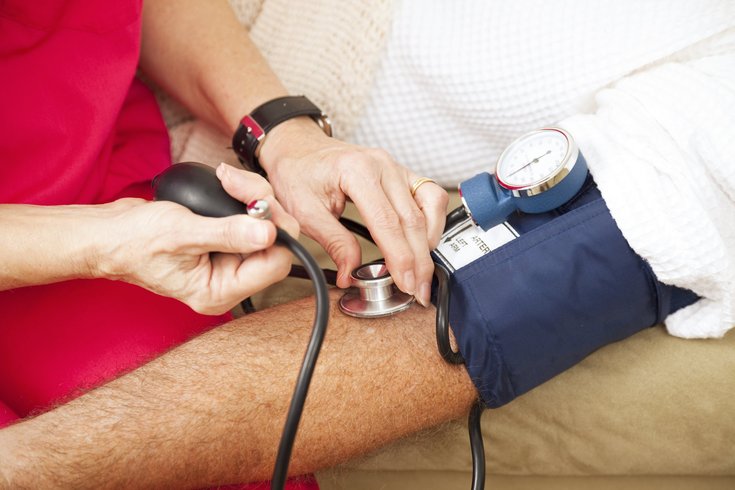
September 19, 2023
 Source/Licensed from Ingram Image
Source/Licensed from Ingram Image
High blood pressure is a leading risk factor for death and disability, yet nearly half of those affected are unaware that they have hypertension, according to a report from the World Health Organization.
High blood pressure is one of the leading risk factors for death and disability, yet nearly 80% of people with the condition aren't adequately treated, according to the World Health Organization's first report on hypertension and its consequences.
High blood pressure is responsible for an estimated 10 million deaths worldwide each year, according to the report. The condition, formally known as hypertension, increases the risk of heart attack, stroke, heart failure and kidney problems.
Hypertension affects about one-third of adults globally and about 48% of adults in the U.S. It can cause serious complications, if left unmanaged, and leads to more deaths globally than smoking and high blood sugar.
"The bottom line here is that the world's most deadly condition is also the most neglected," Tom Frieden, former director of the U.S. Centers for Disease Control and Prevention, told the Washington Post. "This neglect results in millions of people dying preventable deaths, and having preventable heart attacks and strokes, every year."
The number of people living with hypertension doubled from 650 million in 1990 to 1.3 billion in 2019, the report found. Yet, nearly half of adults living with the condition are unaware that they have it.
Hypertension is called the "silent killer" because most people do not experience symptoms even if their blood pressure reaches dangerously high levels. That's why people are advised to have their blood pressure screened regularly. When hypertension causes symptoms, they include headaches, nosebleeds and shortness of breath.
About 76 million deaths could be averted by 2050 if half of the people with hypertension brought it under control, the report estimated. Doing so also could prevent 120 million strokes, 79 million heart attacks and 17 million cases of heart failure.
The WHO called for prioritizing prevention, early detection and effective management efforts at the primary care level as a way to ward off serious complications, adding that they're among the most cost-effective interventions in health care.
"Hypertension control programs remain neglected, under-prioritized and vastly under-funded," said Dr. Tedros Adhanom Ghebreyesus, general director of the World Health Organization. "Strengthening hypertension control must be part of every country's journey towards universal health coverage, based on well-functioning, equitable and resilient health systems, based on a foundation of primary health care."
Hypertension is categorized as having a blood pressure reading of 140/90 mmHg or higher.
There are two main types. Primary hypertension is caused by aging or lifestyle factors, while secondary hypertension is caused by existing conditions or medications. Some people experience both, according to the Cleveland Clinic.
People who are older, obese or overweight, sedentary, smokers, alcohol drinkers or pregnant are more likely to develop high blood pressure. Black people also are disproportionately affected, and often develop the condition earlier in their lives than white people. People who consume too much sodium or not enough potassium are at an increased risk, too.
Many people can lower their blood pressure or keep it within a healthy range by making lifestyle changes. These include getting at least 150 minutes of physical activity each week, not smoking, eating a healthy diet with limited amounts of sodium and alcohol, maintaining a healthy weight and managing stress, according to the U.S. Centers for Disease Control and Prevention.
Medications also can help manage blood pressure and ward off deadly complications caused by the condition. These include diuretics and beta-blockers.